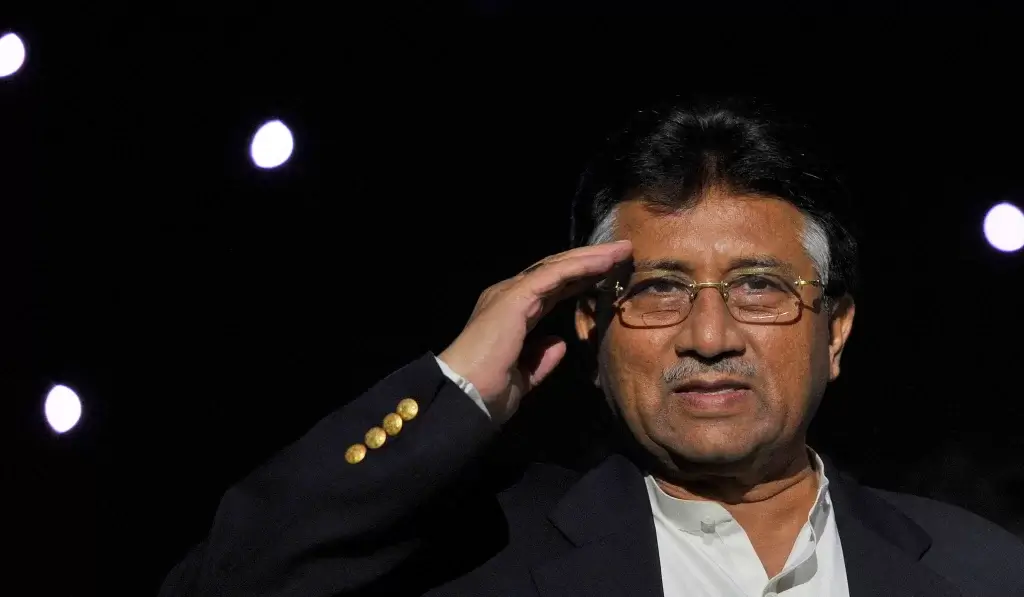Pakistan’s former President, Pervez Musharraf, has died aged 79.
Musharraf, a key cog in the US’s war on terror, particularly against Al Qaeda, died on Sunday, February 5, in Dubai, United Arab Emirates.
The retired four-star military General succumbed to amyloidosis. This rare organ disease occurs when an amyloid protein builds up in organs and hinders the affected organs from working properly.
Reuters reported that he was admitted to a hospital in Dubai last year after he became critically ill.
Pakistan’s Prime Minister of Pakistan, Shehbaz Sharif, led his country in mourning Musharraf.
“I offer my condolences to the family of General (rtd) Pervez Musharraf. May the departed soul rest in peace!” Shari said on Twitter.
Musharraf came to power in 1999 through a military coup that toppled Prime Minister Nawaz Sharif from power. Interestingly, PM Sharif had a year earlier promoted Musharraf to a four-star military general, a position that made him in charge and control of the armed forces of Pakistan.
He led a successful military operation against the Kargil infiltration, bringing India and Pakistan to war in 1999. The relationship between PM Sharif and general Musharraf nosedived, and the PM unsuccessfully tried to demote the General.
In response, Musharraf led the Pakistani army to a coup d’état in 1999, which deposed Sharif. Musharraf took over as Pakistani President in 2001. He, after that, placed Sharif under strict house arrest and later launched criminal proceedings against him.
A mathematics and military expert, he adopted liberal Islam and partnered with the US after the 9/11 attacks on the United States. This partnership proved very beneficial to the US, as it gave the US Forces unfettered ground and aerial access to Afghanistan, where al-Qaeda militant group was based.
However, this partnership with the US made him a target of the Taliban-allied militant groups. These groups carried out at least four assassination attempts on him. He survived all of them.
His government was accused of numerous human rights violations, and following immense pressure on his government, Prime Minister Shaukat Aziz resigned. Soon after, Pakistan’s Supreme Court was suspended. This development weakened Musharraf’s presidency, and in 2008, he resigned to avoid impeachment. He then fled to London on a self-imposed exile.
In 2013 he returned to Pakistan to participate in that year’s general election but was disqualified after the country’s high courts issued arrest warrants for him and Aziz.
After the election, Sharif was re-elected and initiated high treason charges against Musharraf for implementing the emergency rule and suspending the constitution in 2007. He was also placed under the Exit Control List, Pakistan’a red alert list that bars someone from getting out of the boundaries of Pakistan.
However, on March 18, 2016, following his illness, Musharraf’s name was removed from the Exit Control List, and he was allowed to travel abroad to seek medical treatment. He went to live in Dubai in self-imposed exile until his death.
His body is expected to be flown to Pakistan for burial on Monday.
